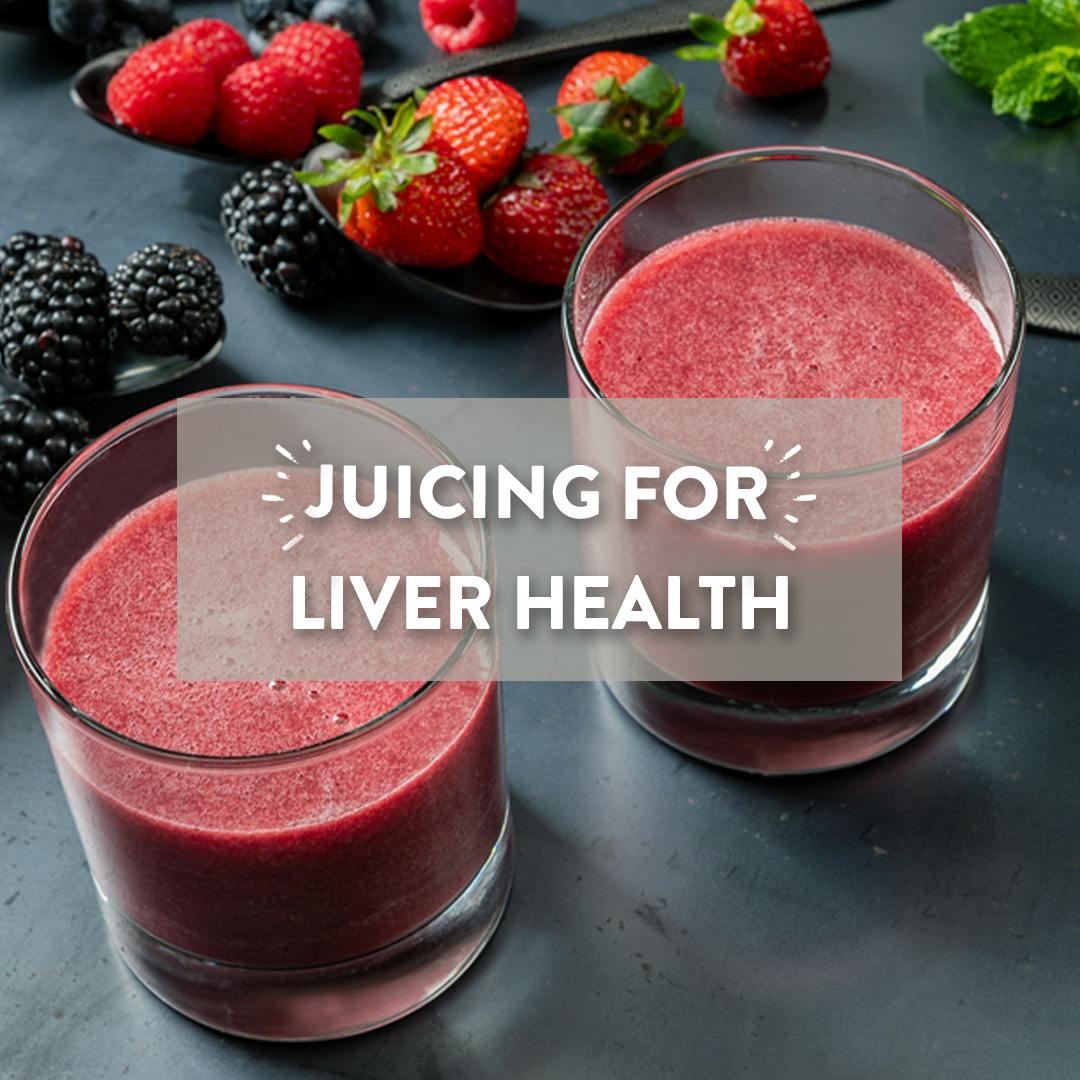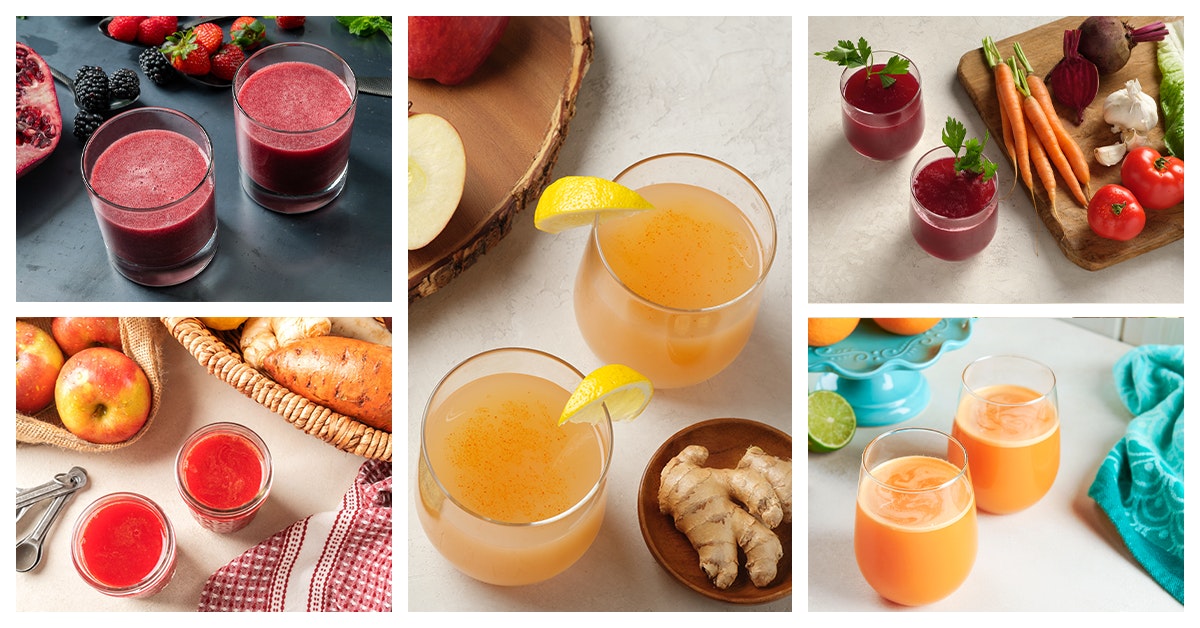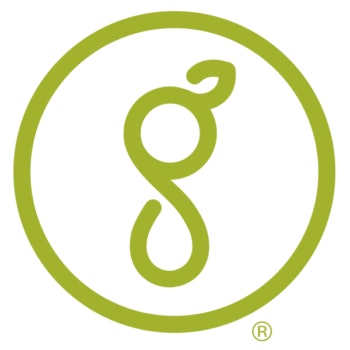The Functions of the Liver
To help you understand why nurturing your liver is so important, here's some of what you expect it to do for you:
- Filtration and detoxification: The liver is important for getting rid of harmful substances, like drugs, alcohol, and metabolic waste products. It filters the blood to remove harmful substances, detoxifies them, and then eliminates them. Breaking down toxins creates byproducts, and if those are not efficiently eliminated it will damage the liver.
- Bile production: The liver also produces bile, a fluid that helps digest fats and carry away waste.
- Immune function: Effective filtration, detoxification, and bile production are vital for preventing infections and maintaining a strong immune system.
- Metabolism: The liver breaks down food like proteins, carbohydrates, and fats. It helps to keep blood sugar levels in check by storing excess glucose as glycogen and releasing it when required for other functions.
- Storage: Your liver provides storage for vitamins A, D, E, K, and others, along with minerals like zinc, iron, and copper. It also stores energy in the form of glycogen.
- Blood clotting: Your liver produces blood-clotting proteins to prevent excessive bleeding.
Our lifestyles have us eating saturated and processed foods like sugary drinks, fried food, candies, white bread and pasta. Not to mention the polluted air we breathe.
With all that said, it’s easy to see that your diet plays a significant role in efficient liver functioning, and why so many people are juicing for liver health.
Nutrients to Include When Juicing for Liver Health
Diet plays a key role in maintaining liver health and including fruits and vegetables containing the following nutrients and compounds can help improve liver enzymes, protect against fat buildup, and decrease inflammation and oxidative stress.
Antioxidants: Antioxidants like vitamins C and E, as well as minerals like zinc and selenium protect the liver from oxidative damage caused by free radicals and toxins.
Anti-inflammatories: Quercetin, resveratrol, beta-carotene, anthocyanins, and several of the vitamins in fresh cold-pressed juices have anti-inflammatory properties.
B Vitamins: B vitamins like thiamine (B1), riboflavin (B2), niacin (B3), pyridoxine (B6), folate (B9), and cobalamin (B12) play a crucial role in the metabolism and detoxification functions of the liver.
Zinc: Zinc is an essential trace element that is involved in various vital functions within the liver.
Omega-3 Fatty Acids: Omega-3 fatty acids can reduce liver fat and inflammation.
Magnesium: Magnesium plays an important role in liver regeneration and helps regulate enzymes in the liver, and magnesium may reduce the risk of fatty liver disease.
Fiber: Dietary fiber has been shown to increase the activity of antioxidants and detox enzymes in the liver. High-fiber foods also help the liver by promoting healthy digestion and reducing the absorption of toxins.
Protein: Consuming an adequate amount of protein is essential for liver function and liver health.
Best Ingredients for Juicing for Liver Health
Now that we’ve established what we need for maintaining liver health, we’ll check in at the fresh fruit and vegetable market to find the produce that contains those essential nutrients.
Note that non-pasteurized juices are recommended because cold-pressed juicing does not involve high temperatures that destroy nutrients, and you have the option to retain the pulp, which is often more nutrient rich than the juice.
- Apples: Apple juice is high in antioxidants and a unique enzyme called pectin that naturally flushes toxins from the liver. Fiber and proteins are also abundant in apples.
- Watermelons: Watermelon juice enhances the natural detoxification process of your body. It stimulates the liver to process wastes from protein breakdown.
- Prickly pear: Prickly pear, a popular type of edible cactus, is another unusual juice ingredient. It is rich in antioxidants that prevent oxidative stress, and has long been used in traditional medicine as a treatment for liver disease.
- Citrus Fruits: Juices of fruits like oranges, grapefruit, limes and lemons all boost the liver's detoxification efficiency by aiding enzyme production. Orange juice is rich in potassium and vitamin C, lemons are low in sugar and high in purifying substances, and grapefruit contains naringenin and naringin, both antioxidants that naturally protect the liver. Current evidence suggests that grapefruit may benefit liver health by helping prevent damage and inflammation.
- Grapes: Along with loads of antioxidants, grapes contain vitamin C, manganese, and resveratrol. Red grapes also contain anthocyanins with anti-inflammatory properties. A University of Michigan Health System study indicated that a grape-enriched diet can reduce inflammatory markers in the liver and increase antioxidant defense in the liver.
- Berries: The juice of dark berries like blueberries, raspberries, and cranberries contains antioxidant polyphenols, called anthocyanins, which give berries their distinctive colors and have antioxidant and anti-inflammatory properties.
- Beets: Beet juice is regarded as one of the best juices to promote liver health. Beets are a source of dietary nitrates, antioxidants and anti-inflammatory compounds that help to protect the liver from damage and disease. Beets also contain betaine that assists in protecting liver cells and promotes healthy liver function. Furthermore, beet juice activates the bile secretion pathway, which is a great tool for liver cleansing.
- Cruciferous vegetables: Cruciferous vegetables like cauliflower, cabbage, kale, garden cress, bok choy, broccoli, Brussels sprouts, mustard plant and similar green leafy vegetables are known for their high fiber content and distinctive taste. They’re also rich in beneficial plant compounds that promote liver health. The nutrients in juice made from cruciferous vegetables include antioxidants, sulforaphane, iron, vitamins, magnesium and calcium, all contributing to regulating liver enzymes and blood fats.
- Papayas: According to the NIH, papaya juice can help reduce liver inflammation by inhibiting the overproduction and activity of proinflammatory cytokines. The papain enzyme of papaya can dissolve and clean out dead tissues without affecting the activity of good cells.
- Apricots: The sweet-tasting apricot packs a nutritional punch with magnesium, calcium, and β-carotene (antioxidant). Apricot juice can reduce the risk of developing fatty liver disease and prevent oxidative damage by free radicals.
- Figs: Figs are not typically the first fruit that comes to mind when juicing, but they are rich in antioxidants and have anti-inflammatory properties. They are also high in fiber, and contain compounds that support the liver in breaking down and removing harmful substances from the body.
- Carrots: Carrot juice possesses great nutritional benefits. Carrots contain retinoic acid, which studies have identified as an essential and potential pharmacological target for treating hepatic liver injuries. Carrots are an excellent source of fat-soluble carotenoids like beta-carotene that support easy bile flow, ultimately removing the harmful toxins from the liver.
- Sweet Potato: These underground tubers are not only delicious but also highly nutritious with outstanding liver detoxification properties. Sweet potato juice is high in zinc and anthocyanins, the antioxidants found in fruit and veggies with dark red pigments. These compounds protect the liver from damage and work against toxic waste buildup in the liver.
- Celery: Celery is rich in iron and vitamins, making this great vegetable an magnificent tonic for the liver. Researchers found that celery juice promotes production of enzymes by liver cells for flushing toxins and other harmful substances.
- Tomatoes: Including tomatoes in your juicing-for-liver-health recipes can be beneficial. Tomato juice is an active source of the antioxidants, glutathione and lycopene. These antioxidants can provide the hepatic cells protection from oxidative damage. Furthermore, they can aid in stimulating digestive enzyme production in the liver, facilitating detoxification of the liver in the long run.
- Watercress: Watercress juice has a bitter taste that can improve bile circulation from the liver. Bile aids in the emulsification and digestion of fats and the digestion and absorption of fat-soluble vitamins like vitamin A and E
- Dandelion roots and greens: Another unusual ingredient for liver health-related juicing. Dandelion roots can help detoxify the liver and relieve liver disease symptoms. One study suggests that polysaccharides in dandelion greens may boost the removal of toxins to keep your liver functioning properly.
As you can see, with a list of healthy ingredients like this one, you’ll never run out of ideas if you want to experiment with combinations when juicing for liver health.
Super Healthy Additives
If you want to add a twist to your juices for liver health, here are a few suggestions:
Fenugreek: This bitter-tasting plant has clover-like leaves and pods containing brown-colored seeds. Fenugreek juice packs fiber and potassium, and provides many health benefits. It actively reduces the triglycerides buildup in the body, ultimately reducing the risk of fatty liver disease.
Turmeric: Turmeric is a root with multiple health benefits. It contains curcumin, which might protect your liver from damaging oxidative stress.
Ginger: By adding some fresh ginger root to your cold-pressed juice you’ll add plenty of benefits for liver health. Due to its high antioxidant properties, ginger root can protect the hepatic cells from harmful oxidative stress damage.
Mint: Fresh mint leaves will enhance the liver’s metabolic process as it filters out harmful toxins, and effectively dumps them into the bile duct for transportation to the gall bladder from where it will be excreted.
Final Thoughts
Liver health is essential for overall well-being, and focusing on consuming the right nutrients can support optimal liver function and prevent liver diseases. Including fresh and nutrient-rich juices in your diet can be a powerful way to promote liver health. Juicing helps the liver detoxify and improves overall health by giving it important vitamins, antioxidants, and enzymes.
But remember that juicing should be part of a balanced diet and healthy lifestyle, not replace them. Consult a healthcare professional or nutritionist for advice on juicing and its role in your liver health journey.



Rate and Comment